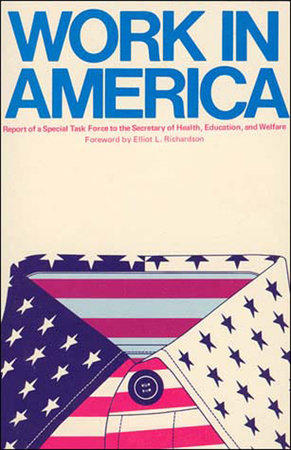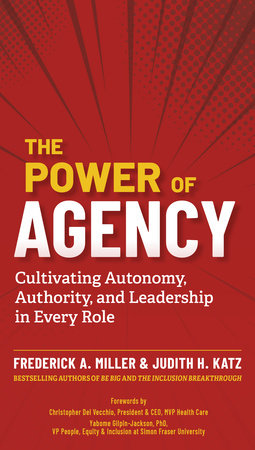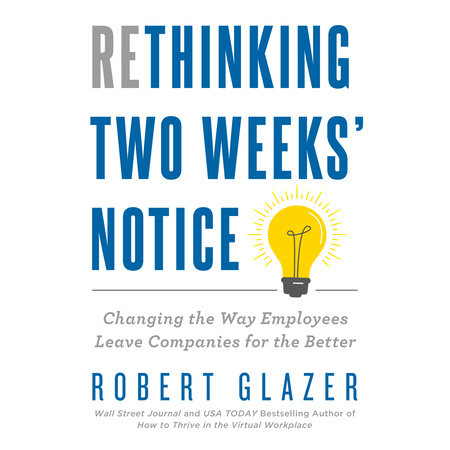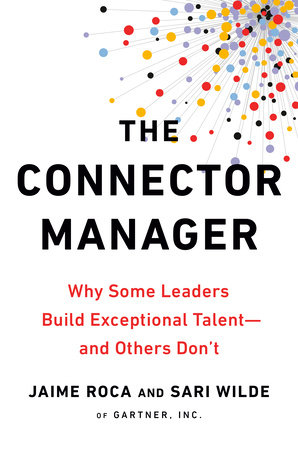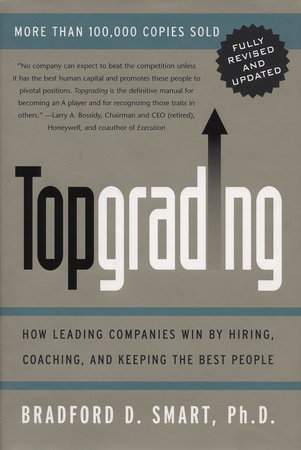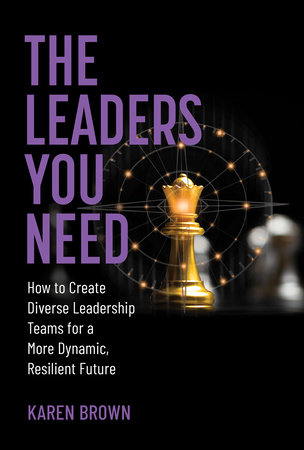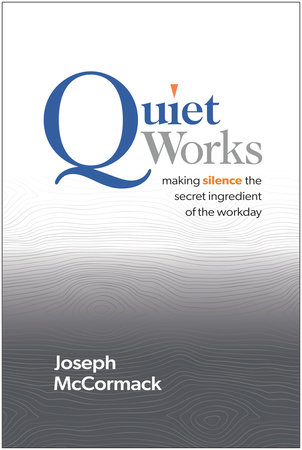Work In America discusses the fundamental role of work in the lives of most adults, pointing out that jobs as they are now create problems that can and do have serious effects on our society.
Millions of Americans are dissatisfied with the quality of their working lives with dull—repetitive jobs that stifle autonomy and initiative. This year-long study prepared for the Department of Health, Education, and Welfare by the W.E. Upjohn Institute for Employment Research brings together facts about the current nature of work and the workplace that have ominous implications for the social and economic strength of the nation as a whole.
The demand for this report has been tremendous; HEW’s initial supply was exhausted within a few days after publication. The Boston Globe says that “Work in America… may be one of the most important documents in recent years.” The research Institute of America reports in its Recommendations that “There is little doubt the facts in the report are right on target: The blue-collar blues are haunting the white-collar employee too; there’s evidence that even many managers show signs of the blahs. A trade-off of money for leisure seems to be the longer-term trend.
“Because this study is officially sponsored by the government, and since it’s the latest attempt to pull together all the facets of the program, Work in America will have the long-range clout. You’ll be hearing about it—pro and con—on TV & in the press. Congress will debate it, bureaucrats will scrap over the details.”
And the New York Times remarks that “its findings directly challenge President Nixon’s repeated assertions that some Americans are abandoning the ‘work ethic’ for the ‘welfare ethic.’” In fact, just the oppose is true. The study provides evidence that satisfying work is a basic human need in that it establishes individual identity and self-respect and lends order to human life.
Work in America discusses the fundamental role of work in the lives of most adults, pointing out that jobs as they are now create problems that can and do have serious effects on our society. It shows that work-related problems often result in declining physical and mental health, greater family and community instability, less “balanced”: sociopolitical attitudes, and in increase in drug abuse, alcohol addiction, aggression, and delinquency.
The report calls for large-scale reforms to alter this situation, beginning with the basic redesign of jobs to allow more individual responsibility and autonomy. It also suggests retraining or “self-renewal” programs for any worker who wants job mobility or a second career, and it advocates government commitment to a “total” rather than to a full employment economy, which leaves approximately 4.5 percent of the citizens without jobs.
“The report has already raised hackles within the Nixon Administration…. In fact, says one Labor Department official, the whole program of worker discontent ‘would go away if sociologists and reporters would quit writing about it.’ But this, the study says, is simply not the case—and it concludes with the particularly apt quotation from Albert Camus: ‘Without work all life goes rotten. But when work is soulless, life stifles and dies.’”—Newsweek
